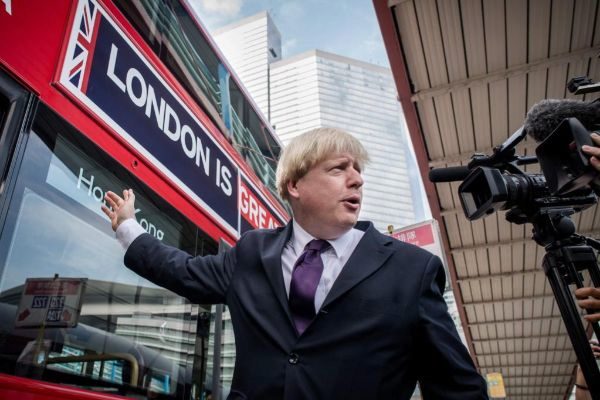Brexit is an educational soap opera. At least, for those of us who watch their mirrors game at a distance with our own debates. The most recent case is the opinion of the British Supreme Court that declares illegal the interruption of the parliamentary activity ordered by the prime minister, Boris Johnson. Daniel Gascón pointed out shortly after the news was known: it is a palmar case of judicialization of politics. The high court has declared null a decision taken by the Executive, ratified by the Queen, accepted by the Legislative and linked to a huge political conflict. Many experts believed that it was a political act that justice could not supervise: the suspension is a historical prerogative of the prime minister and of habitual use, although it usually lasts a week and not the five that Johnson ordered. Nor have there been a lack of warnings that a ruling that hinders the exit of the EU would lead to disaffection and indicate that the judges oppose the will of the people. This is why it is surprising that in our country there has not been a cascade of expressions of solidarity with Johnson by those who have been crying out against these judicializations for years. Íñigo Errejón, for example, declared in 2016 that "the judicialization of politics not only does not work but is counterproductive." The shyness of our anti-judicializers is not understood when the legal basis for actions linked to 9-N and 1-O, or for the application of 155, was much clearer than that of the British court. We have a written constitution; they have had to move in the gray area of their peculiar constitutional arrangement to point out - in my opinion, correctly and with great courage - that Johnson abused his power.
But the British soap opera contains lessons for everyone. Johnson is right when he says that Parliament has had three years to approve an exit from the EU and has only known how to reject all the options offered to it. Today, opposition groups still do not agree on an alternative strategy to hard Brexit . This is partly due to the ineptitude of the opposition leader, Labor Corbyn. But it also shows that institutional counterweights and coalitions against the breakthrough movements of our time have proved effective in setting foot on the wall, but not in transcending the maintenance of the status quo. And this is a problem when that status quo becomes unsustainable.
According to the criteria of The Trust Project
Know more- Boris johnson
- Iñigo Errejón
- Supreme Court
EditorialJohnson must resign for abuse of power
TadeuAval real
TribunaFranco, return to El Pardo

